God has a personal name: YHVH. Like Semitic names in general, it was intended to reflect something of the bearer’s character. YHVH is related to the root h-v-h, “to be”, and reflects God’s eternity and timelessness.
The Decalogue and the New Testament
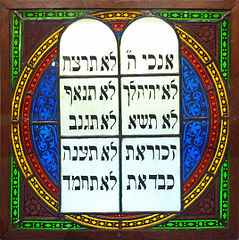
Professor Flusser examines references to the Decalogue in ancient Jewish sources and the New Testament. In light of this comparison, Jesus’ Sermon on the Mount does not merely present a utopian ideal, but rather an outline of practical behavior.
Parables and Foundations

One of the many interesting results of synoptic research is the discovery of parallels between rabbinic literature and the Gospels of Matthew, Mark and Luke. Rabbinic parallels enhance our understanding of the sayings of Jesus, and vice versa. Jesus’ parable below is more understandable when compared with its rabbinic parallels, and the rabbinic sayings are illuminated by Jesus’ parable.
The New Testament in Modern Hebrew

In this series Dr. Ray Pritz, head of the Bible Society in Israel, describes the challenges faced by the Society’s translation committee in rendering the synoptic Gospels into modern Hebrew, and some of the solutions it found.
A Friend of Tax Collectors

Tax collectors were especially hated because they increased their profit by collecting more taxes than their masters actually demanded.
Who Questioned Jesus?
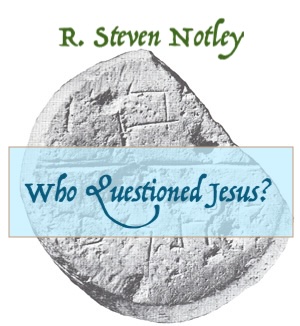
One should not exaggerate the opposition against Jesus in Jerusalem during the fateful Passover that witnessed his crucifixion.
“Son of Man”: Jesus’ Most Important Title

There is a common thread uniting the views of those who think that Jesus signaled Daniel 7 by using the Aramaic bar enash in the middle of Hebrew speech. Anyone who holds this view must assume that Jesus spoke or taught in Hebrew much of the time. That Jesus used Hebrew a significant amount of the time is a sociolinguistic conclusion that has a growing number of supporters in New Testament scholarship, but one that is still a minority opinion.
Your Money or Your Life

Perhaps the most impressive thing about Jesus’ reply to the question about paying taxes to Caesar is that Jesus disarms his opponents and at the same time places a total demand on them.
The Kingdom of God: God’s Power Among Believers

One of the greatest theological controversies in the last century concerns the meaning of the terms “Kingdom of God” and “Kingdom of heaven.” Because scholars have not given adequate attention to the fact that these are completely Hebraic terms, confusion has arisen concerning the period of time to which the Kingdom refers, who takes part in it and the exact nature of the Kingdom. Examining relevant Gospel passages in their Hebraic context will clarify what Jesus meant when he spoke of the “Kingdom of God” or the “Kingdom of heaven.”
“Let Down Your Nets”
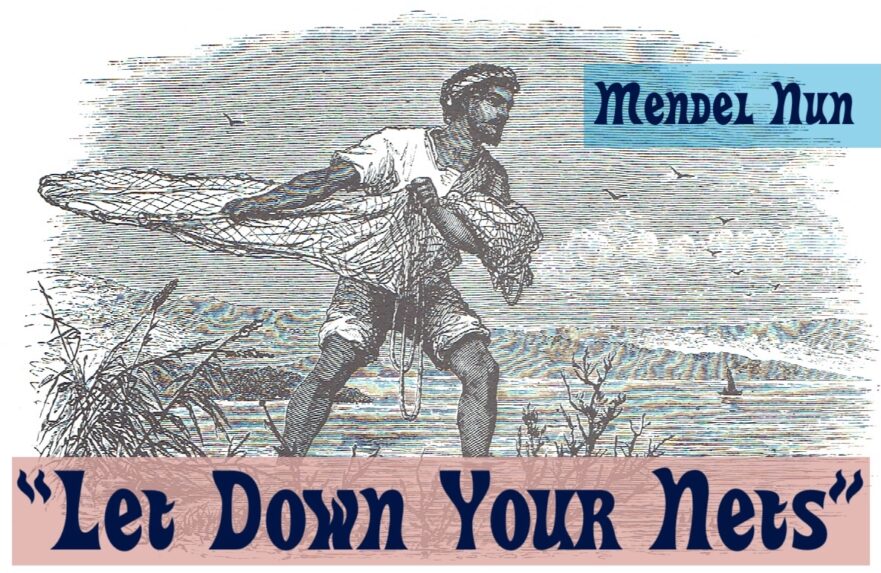
In this article Sea of Galilee fishing expert, Mendel Nun, discusses the different types of fishing nets that were used in the first century by fishermen. Nun’s knowledge of ancient fishing techniques illuminates the stories of Jesus and his followers, many of whom were fishermen.
“Binding” and “Loosing” in the Kingdom of Heaven

Jewish sages were called upon constantly by their community to interpret scriptural commands. They “bound,” or prohibited, certain activities, and “loosed,” or allowed, others.
By the Finger of God

Jesus’ ministry of miracles and deliverance occasionally brought him into conflict. One of the most intriguing controversies concerned the accusation by a group of Pharisees called “Jerusalem scribes” that Jesus had accomplished the healing of a dumb man with the aid of the prince of demons.
Book Review: Brad Young’s Jesus and His Jewish Parables
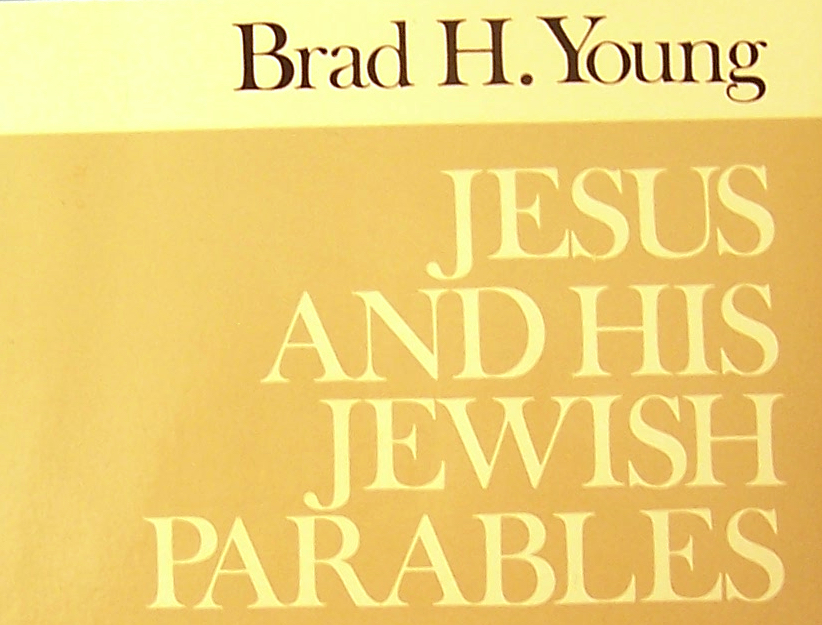
From the outset Young argues that the best way to understand what Jesus was teaching in his parables is to try to hear him as he spoke to his people. The author argues that this can best be done by analyzing the parables of Jesus together with those told by other rabbis of his day.
Book Review: David Flusser’s Personal Perspective on Brad Young’s Jesus and His Jewish Parables

Anyone who wants to be a good worker in the field of Jesus’ parables should begin by studying Brad Young’s Jesus and His Jewish Parables.
Understanding Parables
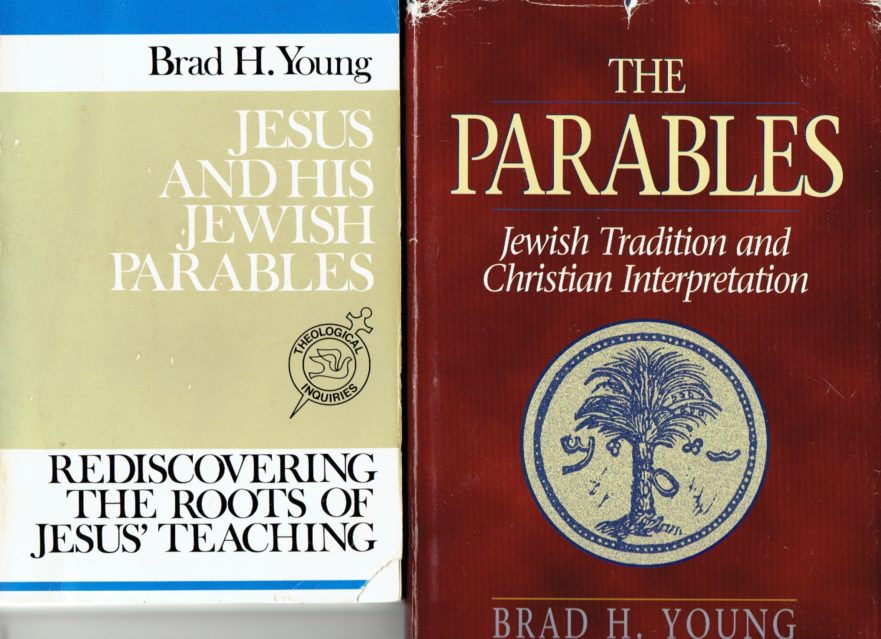
The rabbis taught, “Do not underestimate the value of parables, because by means of parables a person can master the words of Torah” (Song of Songs Rabbah 1:8).
An Introduction to Synoptic Studies
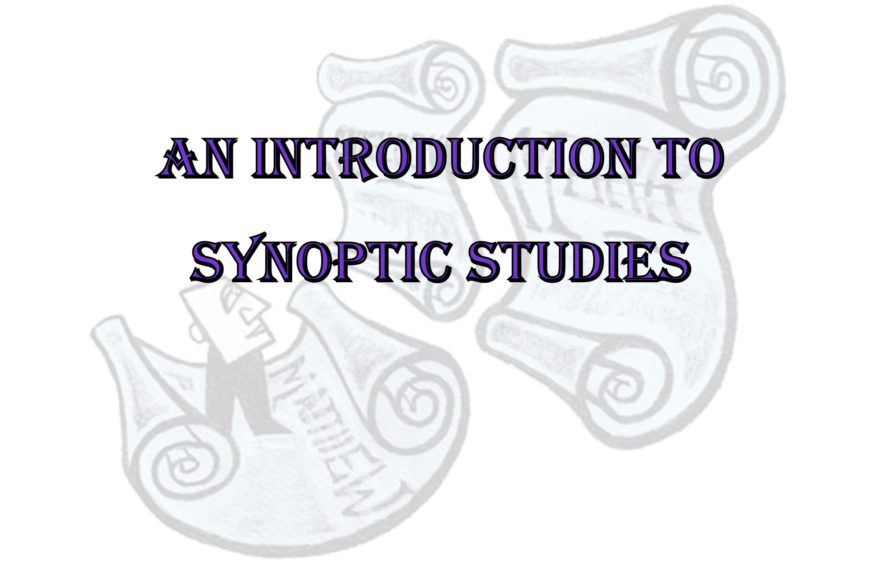
The late Dr. Robert Lindsey, pioneer translator of the Gospels into modern Hebrew, synoptic researcher and pastor of Jerusalem’s Narkis Street Congregation, resided in Israel for over forty years. His discoveries challenge many conclusions of New Testament scholarship from the past two hundred years. Lindsey created a new approach to the study of the Synoptic Gospels. Here, Lindsey provides an introduction to the field of synoptic studies and the “Synoptic Problem.”
Scholarly Assumptions about the Historical Jesus

Many scholars today feel that it is impossible to know what the historical Jesus really said.


